ParentChild+ Helps Families Become Better Advocates for Kids
Many children from low-income families across King County will enter kindergarten this year fully prepared for classroom learning thanks to ParentChild+. The national early learning program prepares children for kindergarten by helping develop their critical language and early literacy skills while improving parent-child interaction. That alone would be enough to boost hopes for long-term success among low-income communities, where two out of three children lag behind their King County peers when they start kindergarten. But United Way of King County has taken the efforts a step further.
Three years ago, United Way helped assemble seven ParentChild+ partner providers that serve Black, immigrant, refugee and Muslim families to form the Emerging Alliance of Communities of Color. United Way then provided the alliance with no-strings-attached funding to allocate and distribute as it sees fit. We know that groups such as Emerging Alliance of Communities of Color use ParentChild+ to provide low-income families of color with culturally appropriate resources and parenting support from people who speaks their language and know their culture.
Among those seven Emerging Alliance of Communities of Color groups: InterCultural Children and Family Services, a Renton-based organization that provides resources to children of color in foster care and their families. United Way sat down recently with InterCultural Children and Family Services executive director, Cynthia Grayson, and program coordinator Rose McKenney to learn more about the organization’s work.
United Way of King County: Tell us a little bit about you.
Rose McKenney: I’ve been with InterCultural Children and Family Services for about a year and a half, but I’ve been doing this type of work for about 15 years. I have been the program coordinator for just over a year, and I love it. I love serving families in this community. We’re really in a different time than any other work I’ve done, being in the pandemic. It’s not just meeting families and doing lessons. It’s literacy skills, but it’s so much more than that.
Cynthia Grayson: I started off in the child welfare world, doing work in Child Protective Service investigations in Los Angeles. I also did adoptions for Los Angeles County; I started at the back end and moved to the front end. When someone decided that they were going to kill me because I had removed their child, I decided I didn’t want to do CPS work anymore. Unfortunately, during my last six months of CPS work, I did hospital duty, and as a CPS worker, you know that if a child has been hospitalized, there has been some terrible physical abuse and trauma that has occurred.
I decided that I had to stop doing this work. I needed to try to help families get their lives together, to either prevent their children from going into the child welfare system or to get their children out. That’s why I decided to go into early learning. I wasn’t being very effective after they got into the system. We do a lot of work around trying to educate our families about being good parents and being able to give them the skills where we know if they have a quality interpersonal relationship with their child, they’re not going to hurt their child and they’re not going to let anybody else hurt their child.
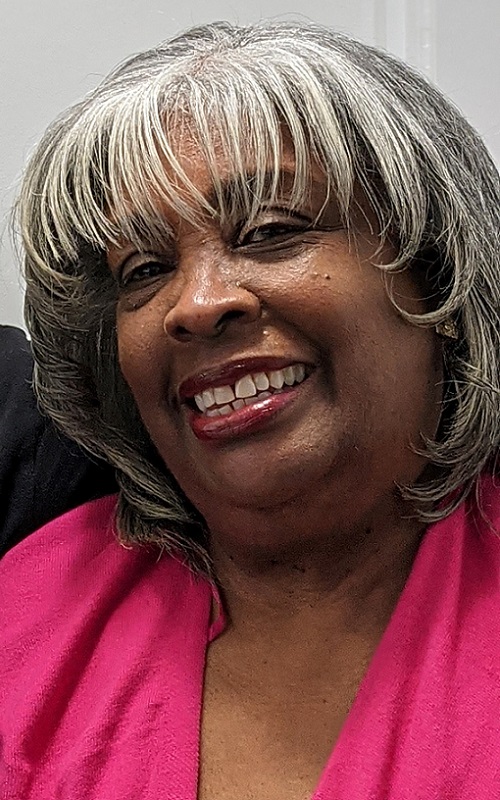
United Way of King County: Who does InterCultural Children and Family Services serve?
Cynthia Grayson: We enroll families who live in South King County, particularly African American families who have one or more children ages 0-3, prenatal mothers, parents who are able to commit to monthly or bi-weekly visits with their personal certified parent educator and fathers.
United Way of King County: What are some other ways you help families besides preparing them for schoolwork and the classroom settings?
Rose McKenney: We are helping them to advocate for themselves. The peer mentorship that goes on between the early learning specialist and the caregiver—it’s really important. That [includes] medical advocacy with pediatricians if a parent has a concern about their child’s development. We see that because a lot of parents are not taken seriously. But there may also be housing issues [to address], or utility issues or issues with the school.
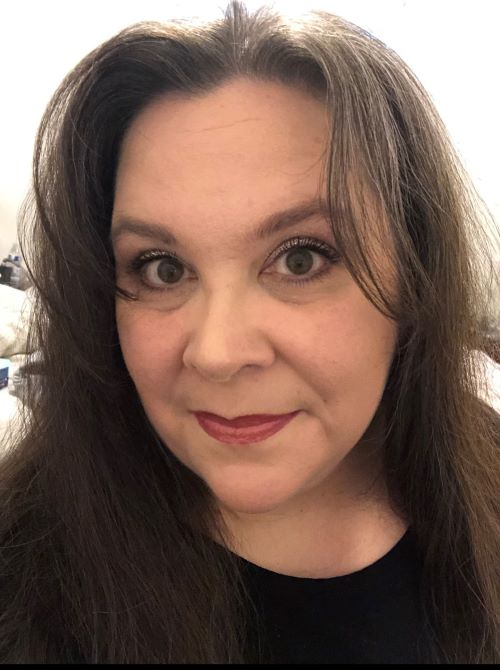
United Way: Where do you see positive outcomes?
Rose McKenney: One of the first things that comes to mind is early intervention services needed for a child. We had someone who had a concern about her grandchild. We were able to do a screening on him and found that the child needed early intervention services. His pediatrician was spoken to about it but didn’t take it seriously until we did the screening and the parent used that screening tool when she went back to the pediatrician. We were then able to get early intervention services and extra support.
United Way of King County: What makes the ParentChild+ model so effective in addressing issues for children in foster care?
Cynthia Grayson: One thing about the ParentChild+ model is that they’ve done research on it and have tracked children through third grade. Those children have scored higher in English and math testing than students who haven’t been involved in ParentChild+. It’s a wonderful program, and it makes our community feel valued and empowered. Many of the parents have not had positive experiences in school themselves, but we tell them, “That doesn’t mean your child can’t have a positive experience.”

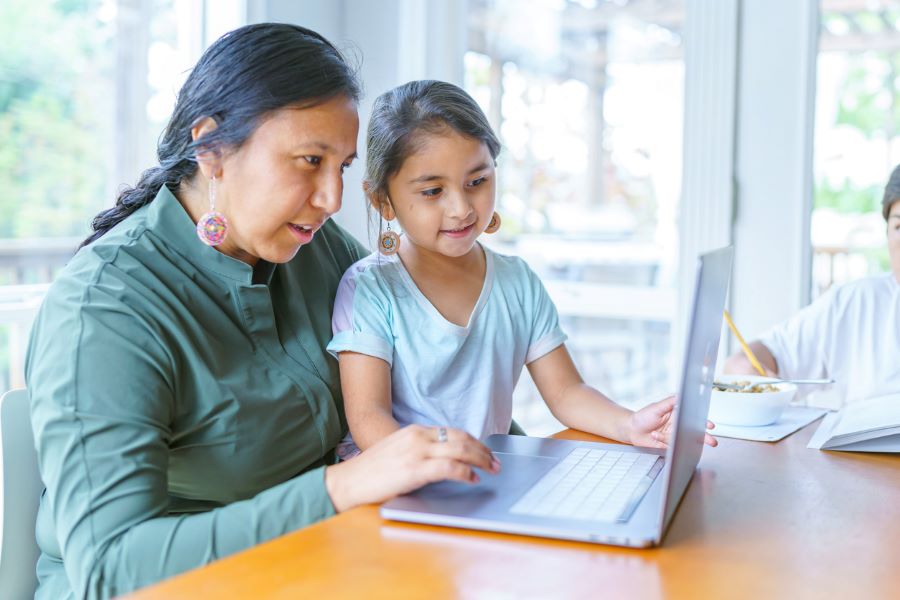

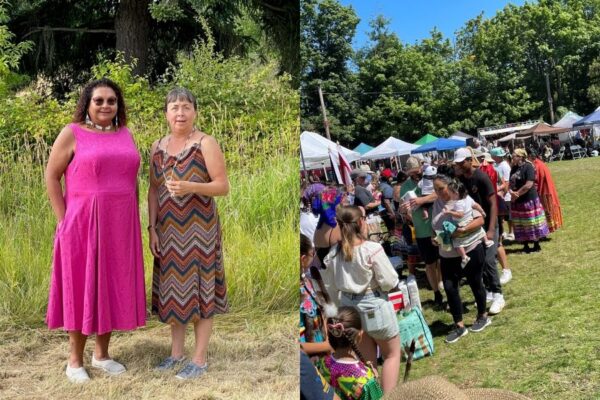
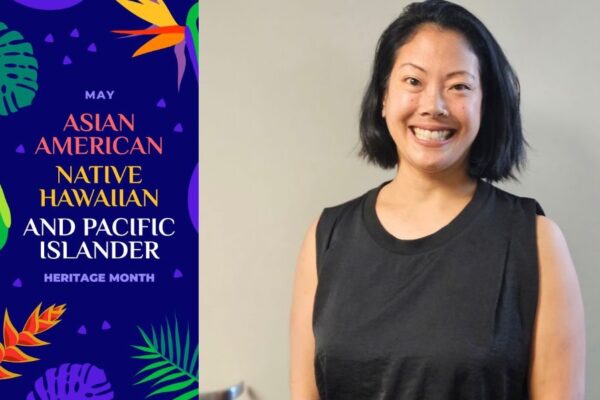
Comments